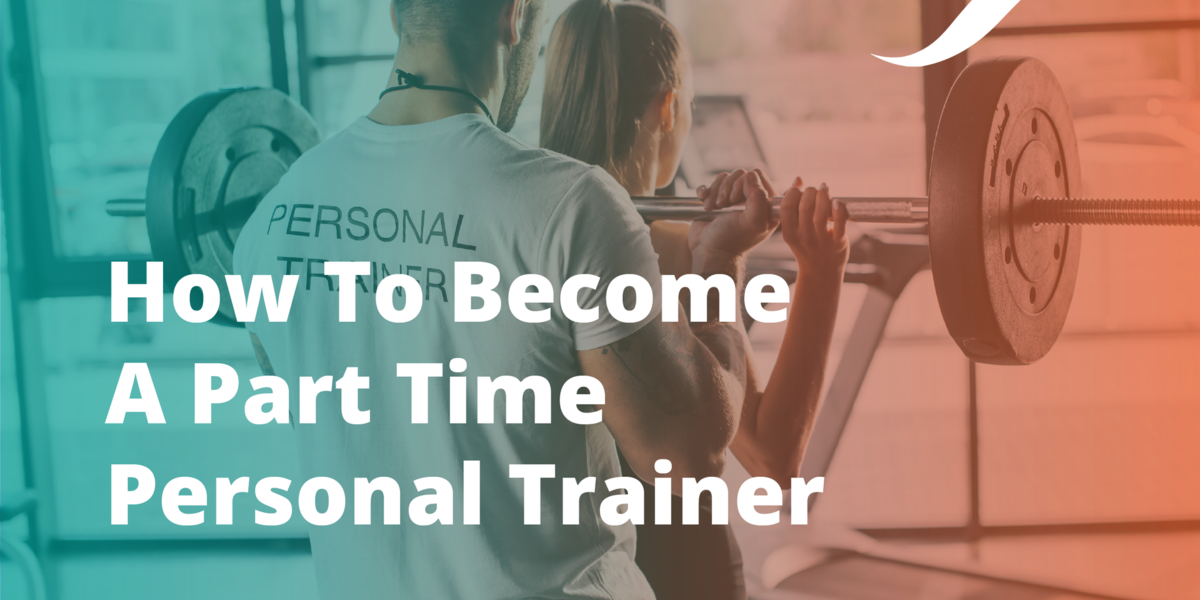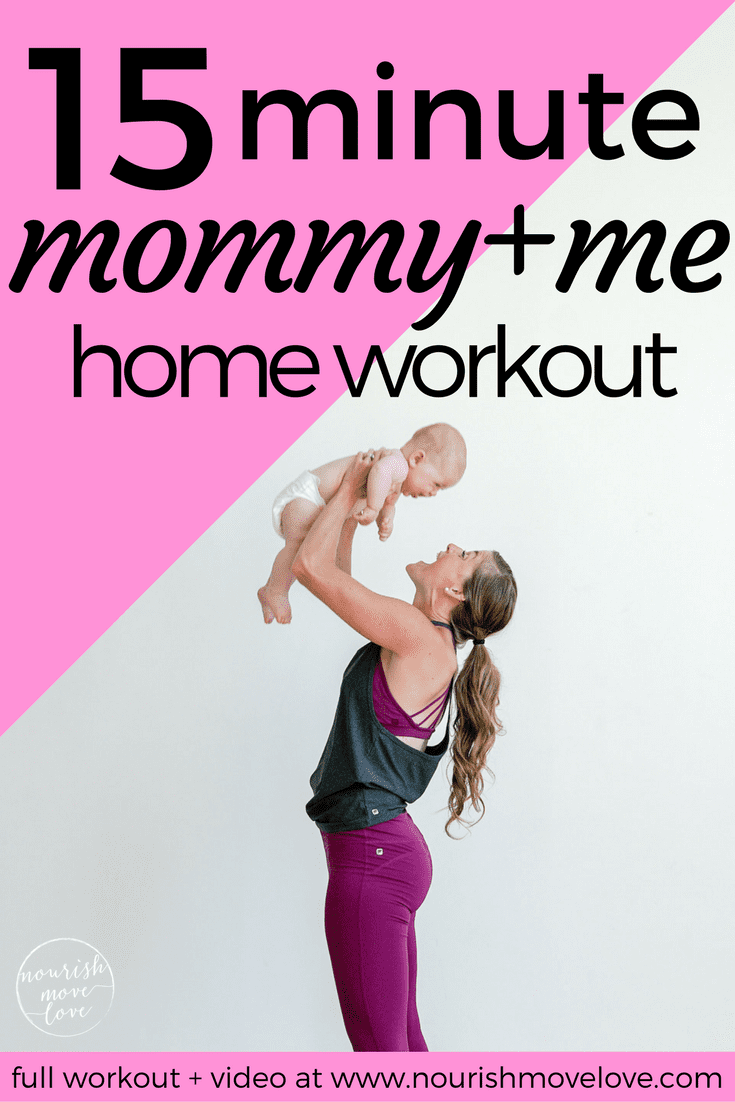
It can be very rewarding to work as a personal training coach. Personal trainers are there to assist their clients with reaching their fitness goals. They can help with everything from muscle building to endurance. Aside from the physical aspects of the job, a personal trainer can also inspire their clients to make healthier lifestyle choices.
Personal trainers often work in gyms, or other leisure centres. This job usually involves the creation of workout programs, conducting orientations for fitness, and creating diet plans. Self-employed applicants can also make a living. If you want to be a personal trainer, you should first get certified. You can do this through many methods including the American Council on Exercise (NASM), British Red Cross, or the National Academy of Sports Medicine.
A Bachelor's degree can increase your chances of getting a job as a personal trainer. Also, it is a good idea to work in entry-level positions. Also, a certificate of first aid is a great benefit. These qualifications will set your self apart from other candidates.

To be successful in your field, you must have exceptional interpersonal skills. These skills can be used to build relationships with clients and colleagues. You can build relationships with your family and friends as a personal coach to grow your client base. You might consider attending competitions in athletics, health and exercise seminars, or joining online fitness social networks.
Invest in insurance that covers liability. If someone sues, liability insurance will protect you as well as your clients. Most employers require at minimum a certificate in first-aid. Separate your business and personal accounts should also be maintained. An Excel spreadsheet or an accounting program will keep you updated with your bookkeeping system. You don't need to worry so much about year-end bookkeeping.
Internships, shadowing and working with personal trainers are great opportunities to gain valuable work experience. You can also apply at the local leisure centre and other gyms for open positions. To see how hiring works, make sure to visit these locations.
Your skills and experience should be highlighted when you apply for a job as a personal trainer. Your application will likely be considered by a hiring manager within a few days. If you want to increase your chances of getting a job, prepare a mock fitness tutorial.

A course in fitness can help you gain exposure to the industry. This could be an anatomy or kinesiology course, or even exercise science. These subjects can be studied at many American schools.
Finding a mentor is another great option. Your mentor's experience will prove to be invaluable. They can help you stay focused, motivated, and efficient. Research shows that people who are passionate about their work are more productive and happier. Mentoring can help you to identify your strengths and weaknesses.
FAQ
Do I lose weight if I exercise?
Yes. Regular exercise will help you to lose weight by burning extra calories. Your metabolism will remain high, so you can continue to burn calories even though you're not exercising.
Are there any exercise I shouldn’t do?
Before beginning any new workout program, consult your doctor. You may have injuries or other medical conditions that prohibit you from exercising in certain ways. Certain activities require special equipment and training. Swimming requires you to have a swimsuit and access to the pool.
When I exercise, should I consume alcohol?
It is important to limit your alcohol intake while you are working out. Moderate alcohol consumption (one drink per week) can help increase endurance during training. It may also reduce fatigue and muscle aches caused by intense exercise.
Statistics
- Globally, 81% of adolescents aged 11-17 years were insufficiently physically active in 2016. (who.int)
- Globally, 28% of adults aged 18 and over were not active enough in 2016 (men 23% and women 32%). (who.int)
- Physical activity confers the following maternal and fetal health benefits: a decreased risk of pre-eclampsia, gestational hypertension, gestational diabetes (for example, 30% reduction in risk) (who.int)
- Adolescent girls were less active than adolescent boys, with 85% vs. 78% not meeting WHO recommendations of at least 60 minutes of moderate to vigorous intensity physical activity per day. (who.int)
External Links
How To
How to keep fit while pregnant
When you're pregnant, your body undergoes many changes. Your metabolism slows down, and you eat less because you're growing a baby inside you. Insufficient sleep can make you feel sick. But there are ways you can keep yourself healthy while still enjoying this exciting time in your life!
First things first, you should check with your doctor before starting any exercise routine. They will be able to tell you what exercises to avoid and which ones they recommend you do safely. A second thing to do is eat well during pregnancy. This includes eating lots of iron, fiber, protein, and fiber. Third, it is important to drink plenty. You lose a lot of fluids through sweating, so it is especially important to drink water during exercise. Finally, take care of your feet. Your feet should be dry all the time and you should wear shoes that support your feet. You should eat breakfast if you are suffering from morning sickness. You could feel nauseated.
-
Healthy eating habits are important. A healthy diet is vital throughout pregnancy.
-
Stay active. Do at least 30 minutes of exercise each day.
-
Keep a healthy weight You can lose weight by eating smaller meals and snacks more often.
-
Get enough sleep. Each night, aim to get at least 7-9 hours of rest.
-
Manage Stress. Learn relaxation techniques.
-
Avoid Alcohol. It can cause miscarriage as well as birth defects.
-
Be Gentle with Yourself. Do not push yourself too much.
-
Take care of your self. You can have someone look in on you if necessary.
-
Relax. Do things that make YOU happy.